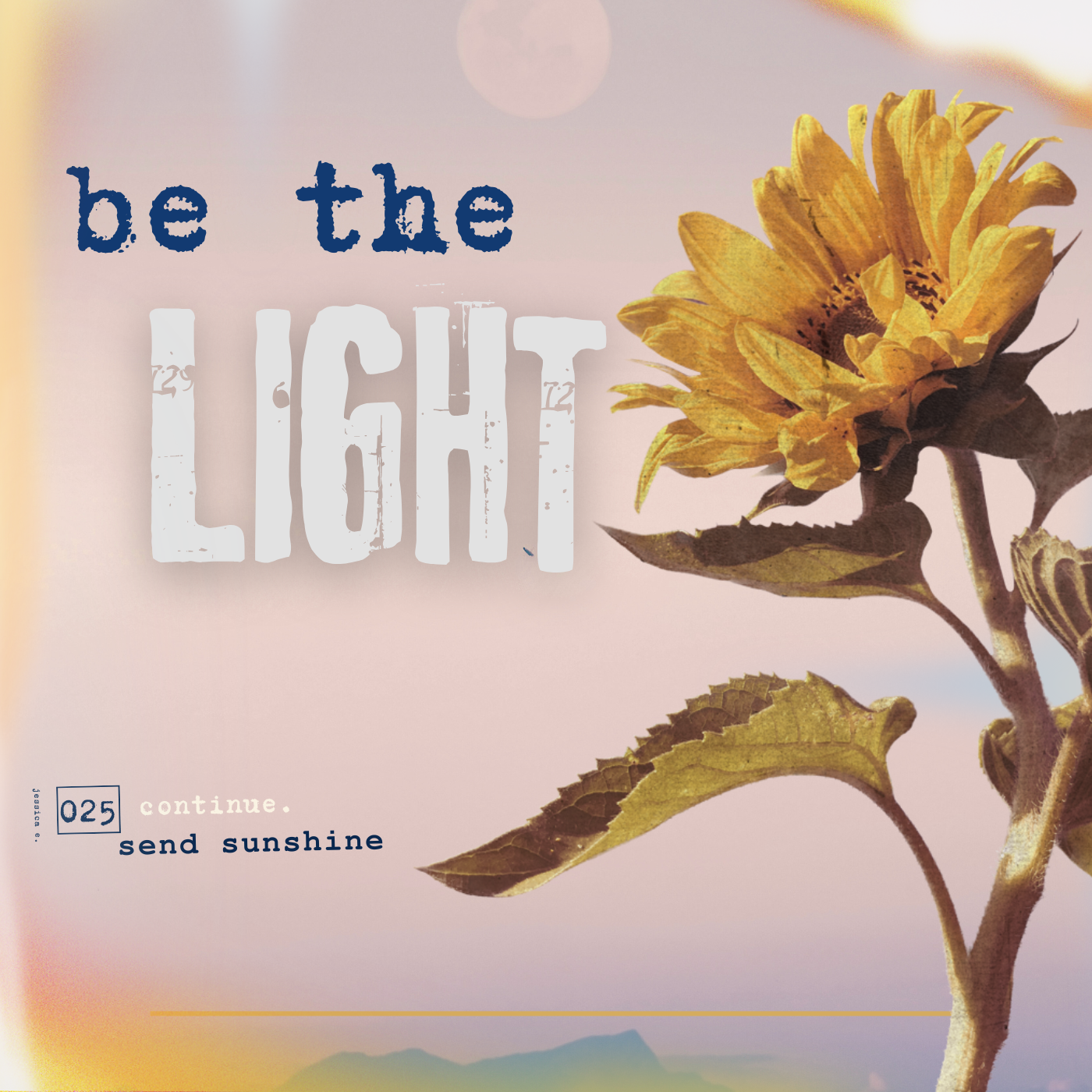I want to share my response to Earth Writer, and then add something:
Wow. That's a great article. Honestly, none of
the ideas there are new to me but it was put together so well, bringing so many
relevant aspects together in a concise effective manner - and with much grace.
I've been thinking a lot lately about the young
people I know, some as young as [Aqualad], who do not believe they have a
future. It makes me cry. But I've been thinking about our impermanence -
whether we maybe squeeze out a few more generations or not - or whether by
great fortune some semblance of humanity survives for a couple billion years on
Earth or even migrates beyond and survives long eons throughout the galaxy or
universe - regardless - our kind will exist for a limited time, however long or
short, and then be done. And sometimes I think, Well so what? The beauty in
anything is magnified by its brevity. I learned that a long time ago; one of
many lessons I sometimes forget. Planet Earth is still a paradise for now. It
is still a heaven for now and now is what matters most. I'm grateful I can see
it that way and would rather see it that way for a moment then to live forever
and never have that sight.
My praise for the article was
understated. It actually delivered a couple rather complex conclusions in such an
elegant way as to make them more swiftly understood than in the more clunky
ways that I have handled the same material. So I am grateful to have learned
how to express myself a little differently on these topics going forward.
What I wanted to add to my
response but chose to save for later discussion is this:
In a very real sense, life is
eternal, for the simple reason that we do not remember our birth nor experience
our death. We have no opportunity to reflect on our lost life. We are gone
before we know it. To paraphrase Eckart Tolle, It is always the now, and the
now is always experienced by the living. In that sense, we are eternal.
I have long looked at the death
of individuals in this light: Death is no tragedy. It is inevitable. We tend to
treat it as a tragedy largely because a functioning assumption of personal immortality
gives us a marvelous excuse to live without any urgency to accomplish anything real; to instead live with an absence of meaning or with only the asinine double-think "meaning" perpetrated by today’s sad withered remnants of religious guidance. Death is
not the tragedy. Failure to live with presence is the tragedy. Death only documents that sad
conclusion. For most people (around here anyway), the tragedy was their shallow living experience;
not their death.
When I’ve cried at funerals it
has not been for the demised but for empathy of those around me.
Am I digressing? The point is
that all life is rare and short. Lately I have looked at it this way:
With the understanding that
humanity is temporary, as are all things, its duration is not very relevant. All
known life has been brief; so fleeting, and yet at the same time eternal.
As individuals, the universe,
life, the human race: these things are not ours to control. At this stage of
evolution we can’t even control our own individual minds! Our minds are
prisoners of external causality. No, we are primarily here as a witness. That
is the power of our beautiful and tragic consciousness. And as a witness,
consider this:
If we had had some pre-birth
awareness and choice; if we had been told, “You shall be born a human being on
planet Minerva!* In what time period of the human experience would you like to
exist?” One might look at the chart, and note the beginning, the middle and the
end, and say, “I would like to be born here, near the end. That is what I think
would be interesting to experience. That is where times might be tough. That is
where I might have much opportunity to be useful to my fellow humans.”
That the human experience should
end is no tragedy. That we might perhaps be living near that end-time is no tragedy.
That is not to say that we should
invite destruction. That is not to say that we should not be wise and seek survival and harmony by
seeking wisdom and to embrace change.










































No comments:
Post a Comment